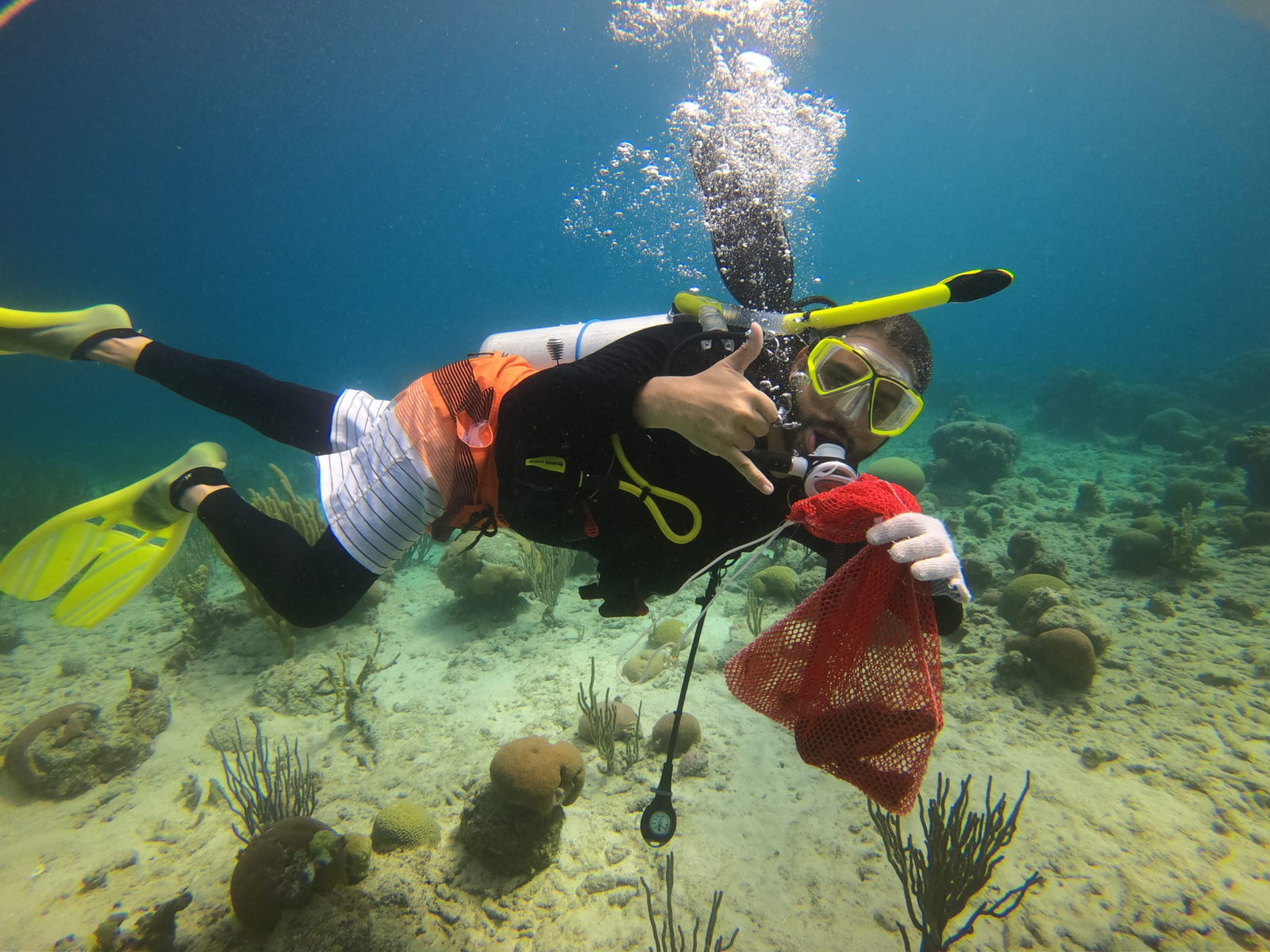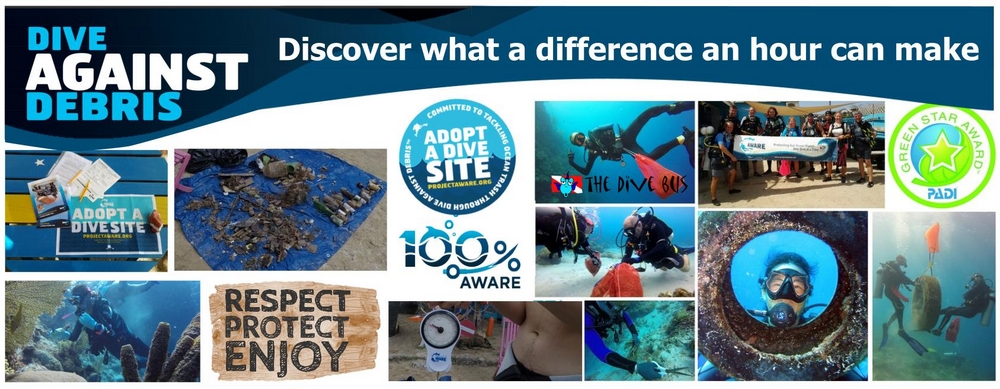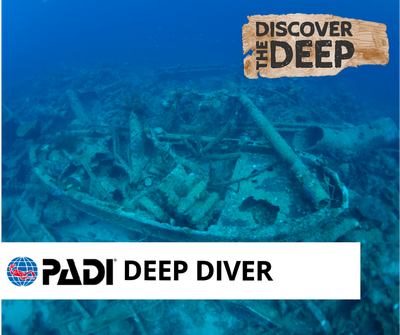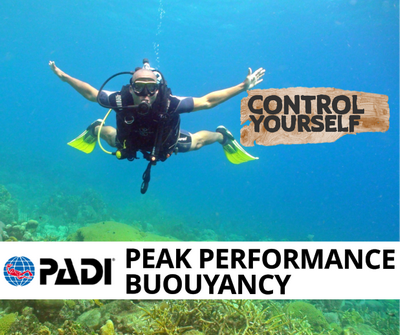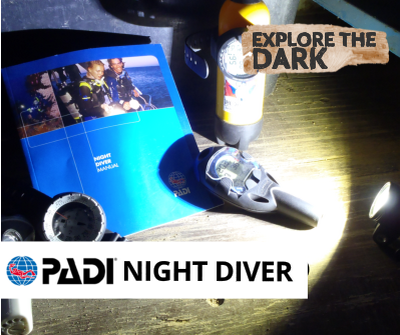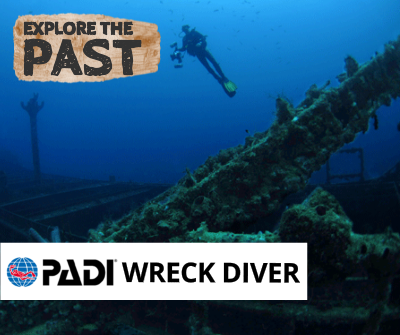PADI AWARE Dive Against Debris Specialty course
Find out how to protect our reefs - whenever you're diving - and whenever you're not
Taking care of the ocean isn’t only about removing trash from the reef.
It’s also about stopping it getting there in the first place.
What’s the big deal about trash on the reefs?
Coral reefs are the oldest, most productive eco-system on earth. Effectively the rain forests of the sea, they’re home and food source to a million types of fish and marine creatures. Besides their environmental importance, coral reefs are extremely important to local economies, tourism, fishing industries, human health – and, of course, divers.
But coral reefs are in rapid decline, scientists estimating that approximately 25% have gone forever and, if current trends continue, will be completely gone in 30-50 years. Find out what we’re doing at The Dive Bus to help stop that trend, and how YOU can help make a difference, here.
Divers have the skills and facilities to remove underwater marine debris that’s killing coral reefs.
But everyone can help prevent it getting there in the first place.
This practical course shows you how easy it is to make a difference to, and take care of, the ocean – and why it’s so important.
At a glance:
- Pre-requisites: Minimum 12 years old; PADI Junior Open Water certified.
- Being a PADI Peak Performance Specialty diver is highly recommended so you don’t accidentally damage the reef, during your efforts to protect it.
- Once you’ve completed both the theory and the training dive, this Specialty course counts as one of the five Specialties for your PADI Master Scuba Diver rating and count towards your PADI Advanced Open Water certification.
- Duration: Training dives: 1, approximately 2 hours. Knowledge development: approximately 1 hour.
- Price and what’s included
- Save time + money: tag on your PADI Enriched Air Nitrox Specialty course.
More info
Can I take this course?
You can take this course as soon as you’re a PADI (Junior) Open Water Diver with excellent buoyancy.
What will I learn?
Like all PADI dive courses, the Project AWARE Dive Against Debris course is comprised of 2 elements:
-
- Knowledge Development – requiredIf you have friends or family who aren’t divers, they’re welcome to join the class too, so you can learn how to make a difference, together (see below for more about what you’ll learn).
- Training dive – optional This is an actual Clean Up dive that you’ll plan, execute and log the results of, and it’s the perfect way to your learning and planning into practice right away. Check out The Dive Bus monthly clean up events to find the date that suits you best. Dates don’t work? We’ll make an extra Clean Up dive for you, no worries.
Here’s what you’ll cover in the Knowledge Development part of the course:
- what marine debris is, where it comes from and the damage it does
- a bunch “oh-yeah!” easy ways that you can prevent your trash becoming marine debris
- how to plan and make a safe Dive Against Debris, without unintentionally doing more harm than good
- what to decide what to remove and what to leave behind
- how to log and report your Dive Against Debris data, so Project AWARE can use it to identify locations and marine life in greatest need of help, and what and where to focus their actions and solutions
If you care about protecting the ocean by learning how to do something about preventing trash endangering our underwater world, you’re going to love this course, and what you’ll take away from it. (Literally!)
How can I start learning now?
You can start now by reading the Dive Against Debris Survey Guide and the Marine Debris Identification Guide, and downloading the Dive Against Debris Data Card from the Project AWARE website.’
What's next after this course?
Look out for and join in Clean Up dives near you back home or on vacation – it’s a great way to meet new dive buddies whilst making a difference.
Check out The Dive Bus Eco Policy for a whole bunch of ways you can make a difference.
Open Water certified? Take your Advanced Open Water course for a broader taste of some of the other fun, underwater activities you can enjoy, learn more skills and increase your confidence. Each Specialty Diver certification you have counts as credit towards your Advanced Open Water course.
Advanced Open Water certified? here are heaps of PADI Specialty Dive courses to enjoy and each moves you one step closer to earning the coveted status of PADI Master Scuba Diver: the highest certification level for recreational scuba divers.
To become a PADI Master Scuba Diver, you’ll also need to take your Rescue Diver and Emergency First Responder courses. Save money when you take both courses with The Dive Bus…
Next steps
Book it, Danno.
Join in the next Dive Against Debris Clean Up
Make a difference: join in a Dive Bus Clean Up event whilst you’re here in Curacao and give something back to the ocean.
More ways to get more from every dive you make
The lure of the deep...
…exciting, mysterious, unknown. Learn how to go there, safely and confidently.
Explore for longer...
…if you’re already PADI Open Water certified, the PADI Enriched Air Nitrox course teaches you how to stay down for longer, safely – and fascinatingly.
Recoverin' booty and other such treasures...
Fascinating, fun and practical. If you love your Wreck and Deep Diver Specs, you’re gonna love this one.
Master your buoyancy, save your air...
…We’ll teach you how on this truly dive-changing course – trust us. WELL worth doing!
What are you looking at..?
…if you’re already PADI Open Water certified, things are different when you dive deep. Know what you’re looking at.
Learn how to explore in the dark, safely.
It’s a whole different world at night. Discover for yourself.
Explore sunken pieces of history, hidden from the rest of the world and discover their stories.
It’s a privilege few are afforded. Learn how to do it safely, respectfully – and legally.

